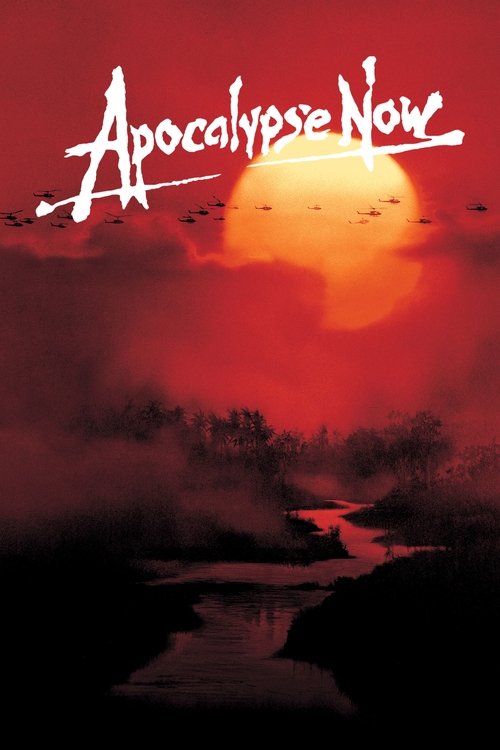
Title: Apocalypse Now
Year: 1979
Director: Francis Ford Coppola
Writer: Michael Herr
Cast: Martin Sheen (Captain Benjamin Willard), Marlon Brando (Colonel Walter Kurtz), Albert Hall (Chief Phillips), Frederic Forrest (Jay 'Chef' Hicks), Laurence Fishburne (Tyrone 'Clean' Miller),
Runtime: 147 min.
Synopsis: At the height of the Vietnam war, Captain Benjamin Willard is sent on a dangerous mission that, officially, "does not exist, nor will it ever exist." His goal is to locate - and eliminate - a mysterious Green Beret Colonel named Walter Kurtz, who has been leading his personal army on illegal guerrilla missions into enemy territory.
Rating: 8.271/10